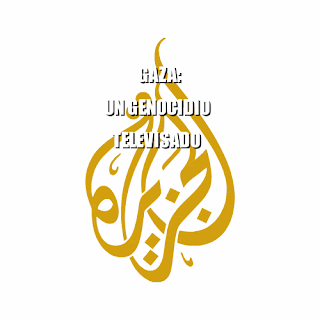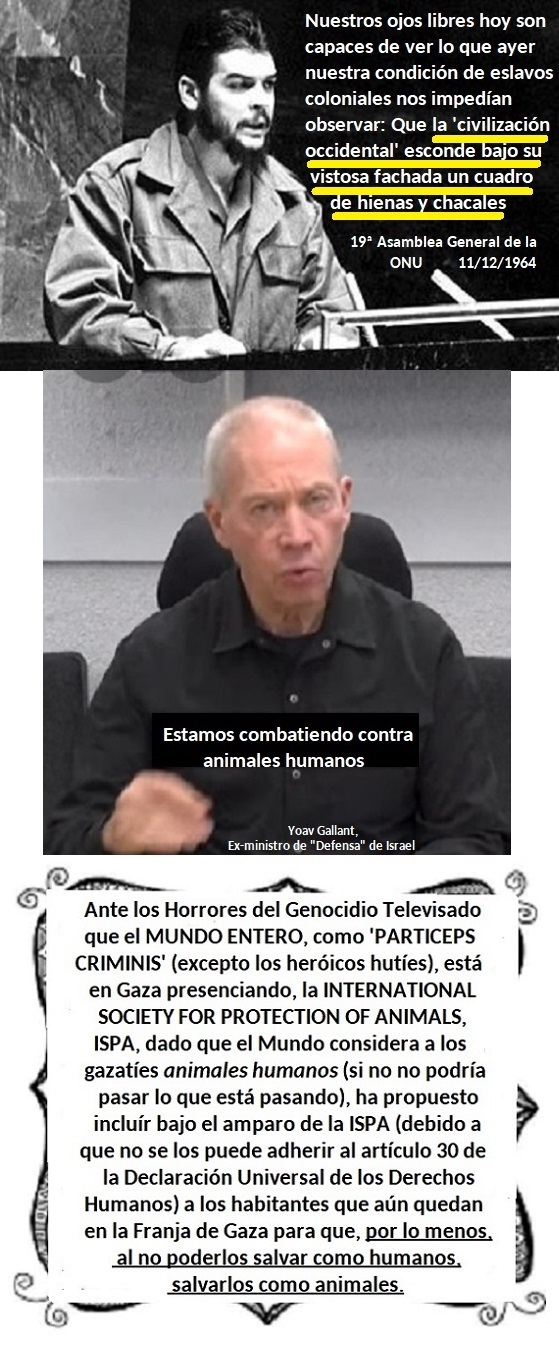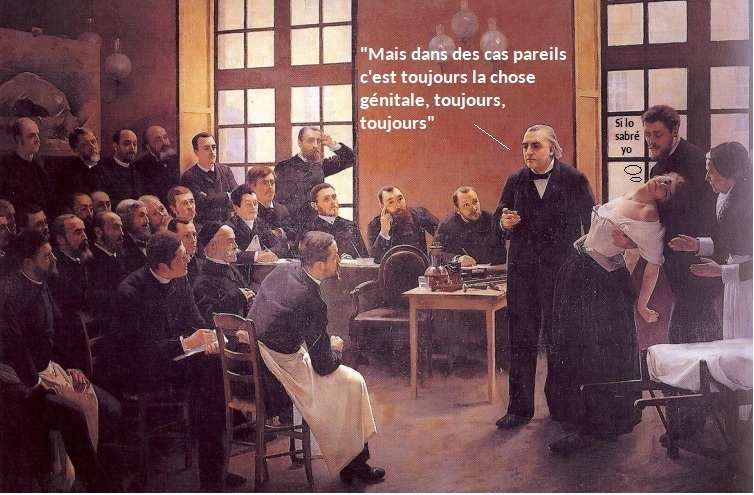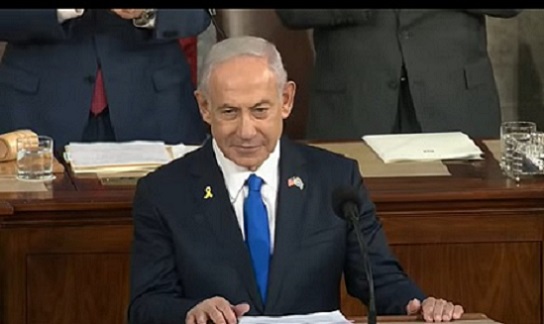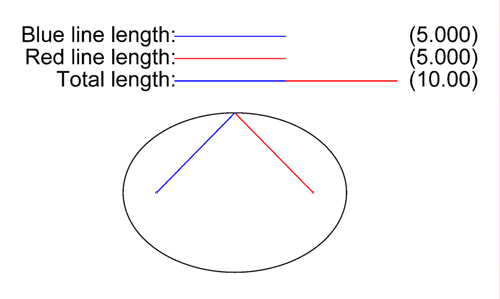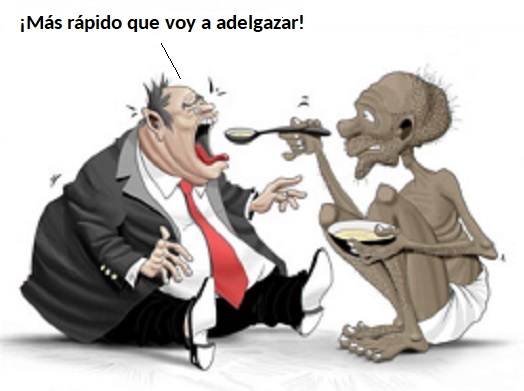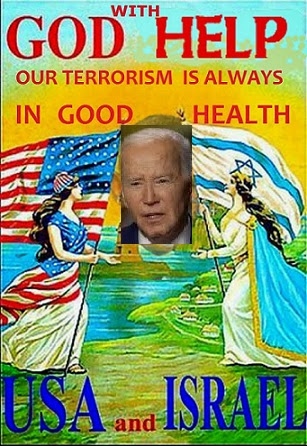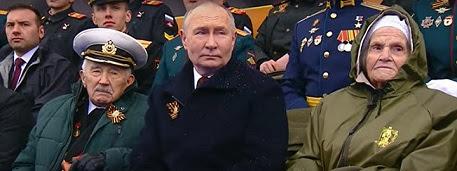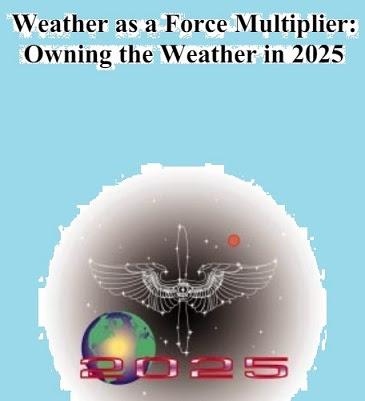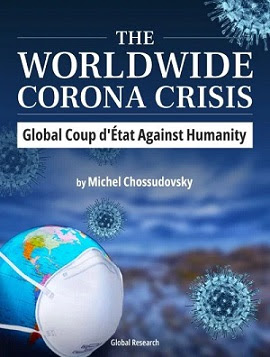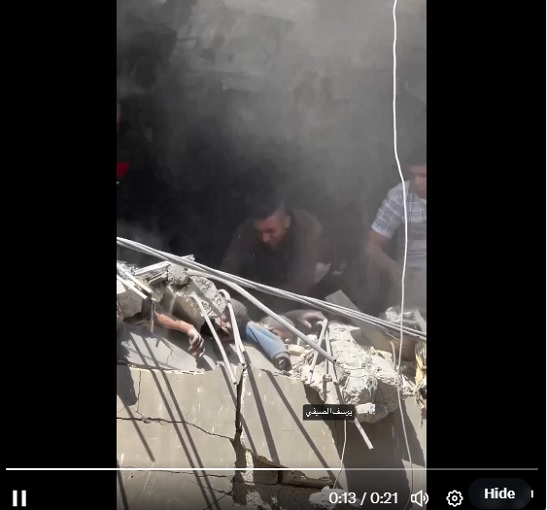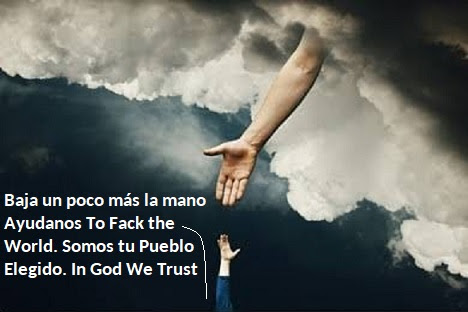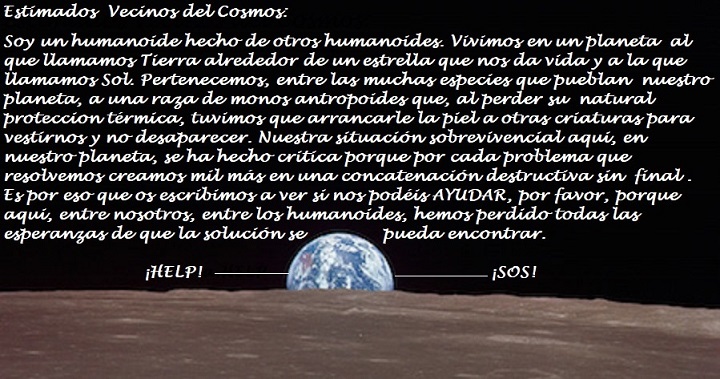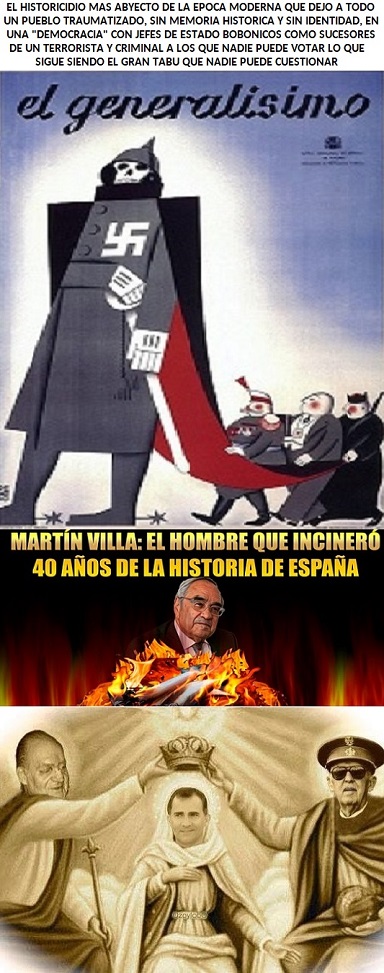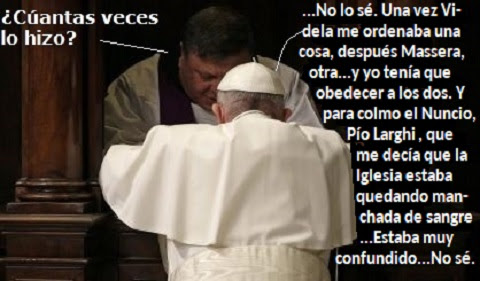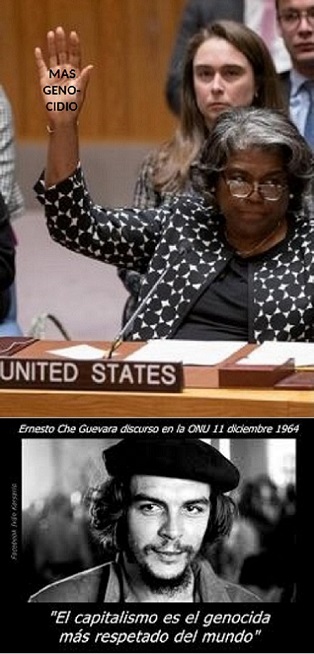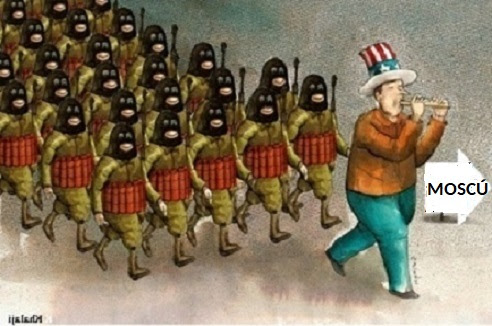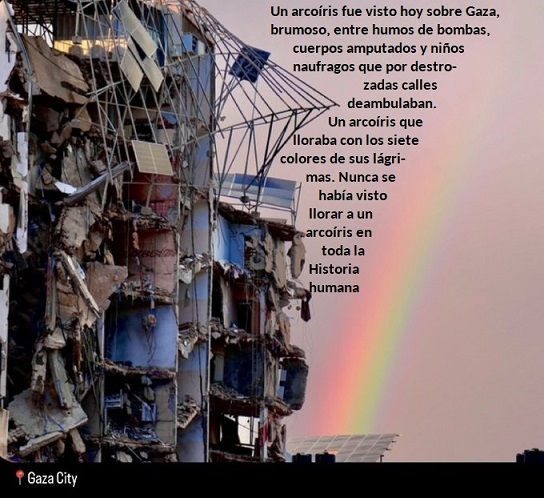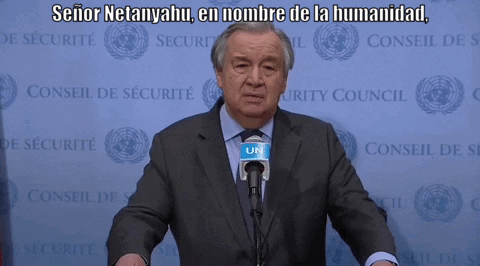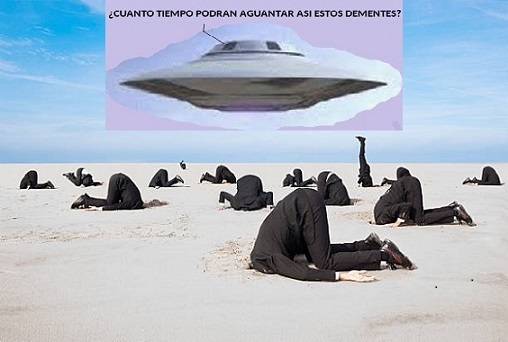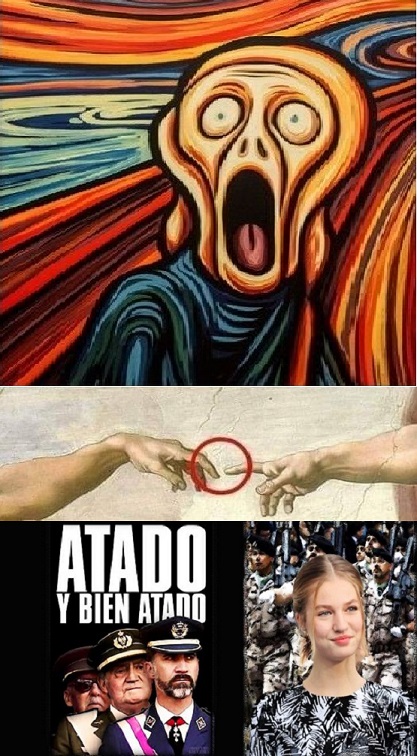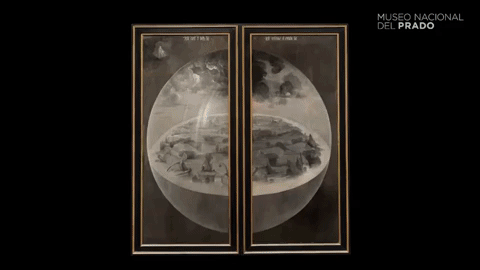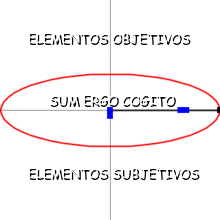Y ésto es lo que me da más miedo.
¿Tanta es la omnipresente fuerza
que se USA para someter
el pensamiento, el raciocinio,
la objetividad y el sentir del Logos humano?
los "derechos humanos"
y la "Ley".
In a broad-ranging interview with Vox...the US president denied the efficacy of a purely “realist” foreign policy but also arguing that at times the US, which has a defense budget that exceeds the next 10 countries combined, needed to rely on its military muscle and other levers of power.
(....)
He argued, however, that the efficacy of this idealistic, Wilsonian, rule-based system was severely tested by the fact that “there are bad people out there who are trying to do us harm.”
In the president’s view, the reality of those threats has compelled the US to have “the strongest military in the world.” Obama further says that “we occasionally have to twist the arms of countries that wouldn’t do what we need them to do if it weren’t for the various economic or diplomatic or, in some cases, military leverage that we had — if we didn’t have that dose of realism, we wouldn’t get anything done, either.”
Obama argues that the US doesn’t have “military solutions” to all the challenges in the modern world, though he goes on to add that “we don’t have a peer” in terms of states that could attack or provoke the United States.
“The closest we have, obviously, is Russia, with its nuclear arsenal, but generally speaking they can’t project the way we can around the world. China can’t, either. We spend more on our military than the next 10 countries combined,” he said.
(...)
Obama also argued that tackling other problems entailed “leveraging other countries” and “other resources” whenever possible, while also recognizing that Washington is “the lead partner because we have capabilities that other folks don’t have.”
‘We spend more on our military than the next 10 countries combined’
This approach, he said, also led to “some burden-sharing and there’s some ownership for outcomes.”
When asked about the limits of American power, Obama conceded that there were things that his administration simply cannot do in terms of power projection, but remained upbeat.
“Well, American leadership, in part, comes out of our can-do spirit. We’re the largest, most powerful country on Earth. As I said previously in speeches: when problems happen, they don’t call Beijing. They don’t call Moscow. They call us. And we embrace that responsibility. The question, I think, is how that leadership is exercised. My administration is very aggressive and internationalist in wading in and taking on and trying to solve problems.”
(.....)
http://www.globalresearch.ca/obama-we-have-to-twist-arms-when-countries-dont-do-what-we-need-them-to-do/5430945
::::::::::::::::::::::::::::::::::::::::::::::::::::::::
P.D.:
Estamos viviendo unos momentos históricos
de "existencia no mediada".
Husserl le decía a sus alumnos que se olvidaran de los recursos formales habituales de la teoría filosófica, porque todo conocimineto verdadero viene de la intuición inmediata de las cosas tal cual son.
Los límites externos de ésta intuición se ponen a prueba en lo que Husserl llamaba la "situación límite", ese momento extremo y súbito en el que, por ejemplo, un peaton baja de la acera frente a un coche en marcha, o en el que una granada cae en la trinchera del soldado.
Son en éstos momentos de "existencia no mediada", explicaba Husserl, en los que la racionalidad superficial queda eliminada ante la perentoria y vital necesidad con la que tenemos que encarar los fenómenos concretos e 'in situ' de la vida cotidiana, de la praxis diaria, que es lo que nos obliga a elegir y actuar en consecuencia.





























































































































